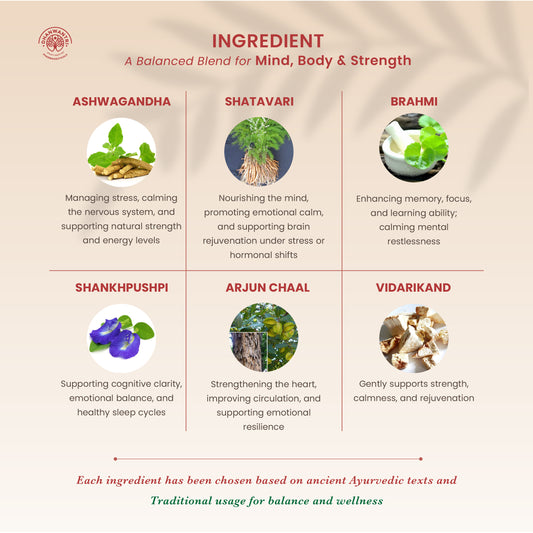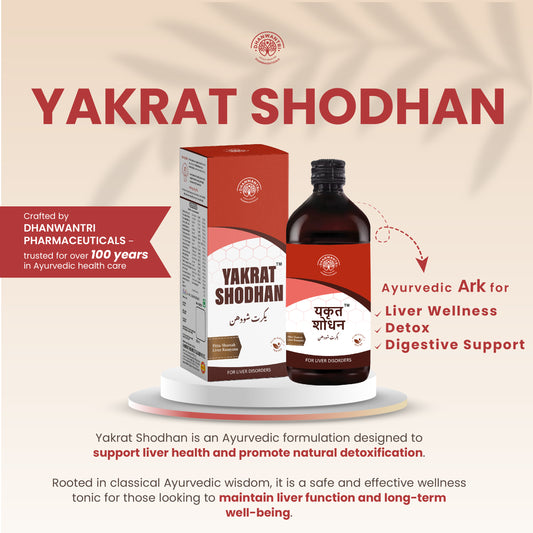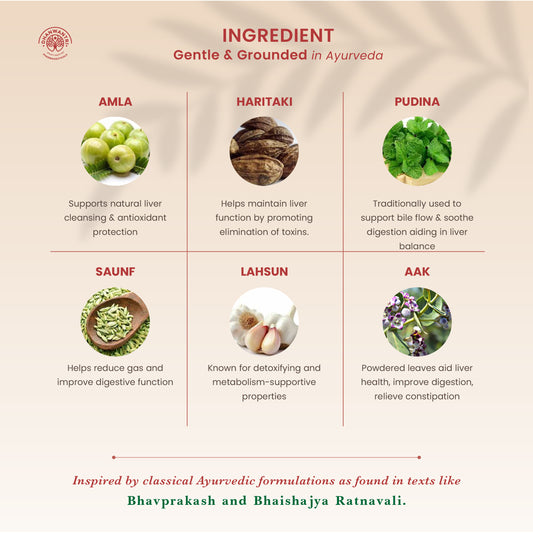Hormonal Imbalance
What is a hormonal imbalance?
A hormonal imbalance happens when you have too much or too little of one or more hormones. It’s a broad term that can represent many different hormone-related conditions.
Hormones are powerful signals. For many hormones, having even slightly too much or too little of them can cause major changes to your body and lead to certain conditions that require treatment. Some hormonal imbalances can be temporary while others are chronic (long-term). In addition, some hormonal imbalances require treatment so you can stay physically healthy, while others may not impact your health but can negatively affect your quality of life.
What conditions are caused by hormonal imbalances?
Dozens of medical conditions are caused by hormone issues. For most hormones, having too much or too little of them causes symptoms and issues with your health. While many of these imbalances require treatment, some can be temporary and may go away on their own. Some of the most common hormone-related conditions include:
- Irregular menstruation (periods): Several hormones are involved in the menstrual cycle. Because of this, an imbalance in any one or several of those hormones can cause irregular periods. Specific hormone-related conditions that cause irregular periods include polycystic ovary syndrome (PCOS) and amenorrhea.
- Infertility: Hormonal imbalances are the leading cause of infertility in people assigned female at birth. Hormone-related conditions such as PCOS and anovulation can cause infertility. People assigned male at birth can also experience hormonal imbalances that affect fertility, such as low testosterone levels (hypogonadism).
- Acne: Acne is primarily caused by clogged pores. While many factors contribute to the development of acne, hormone fluctuations, especially during puberty, are a significant factor. Oil glands, including those in the skin on your face, get stimulated when hormones become active during puberty.
- Hormonal acne (adult acne): Hormonal acne (adult acne) develops when hormonal changes increase the amount of oil your skin produces. This is especially common during pregnancy, menopause and for people who are taking testosterone therapy.
- Diabetes: In the United States, the most common endocrine (hormone-related) condition is diabetes. In diabetes, your pancreas doesn’t make any or enough of the hormone insulin or your body doesn’t use it properly. There are several different kinds of diabetes. The most common are Type 2 diabetes, Type 1 diabetes and gestational diabetes. Diabetes requires treatment.
- Thyroid disease: The two main types of thyroid disease are hypothyroidism (low thyroid hormone levels) and hyperthyroidism (high thyroid hormone levels). Each condition has multiple possible causes. Thyroid disease requires treatment.
- Obesity: Many hormones can affect how your body signals that you need food and how your body uses energy, so an imbalance of certain hormones can result in weight gain in the form of fat storage. For example, excess cortisol (a hormone) and low thyroid hormones (hypothyroidism) can contribute to obes
Can hormone imbalance cause anxiety?
Yes, certain hormonal imbalances can cause anxiety, including:
- Hyperthyroidism: If you have hyperthyroidism, it means your body has too much thyroid hormone. Excess thyroid hormone speeds up your metabolism. This can cause anxiety, in addition to unusual nervousness, restlessness and irritability.
- Cushing’s syndrome: While it’s not as common of a symptom, Cushing’s syndrome (excess cortisol) can cause anxiety, as well as depression and irritability.
- Adult-onset growth hormone deficiency: Adults with growth hormone deficiency often report having anxiety and/or depression.
Several other conditions and factors can cause anxiety. It’s important to talk to your healthcare provider if you’re experiencing anxiety.





